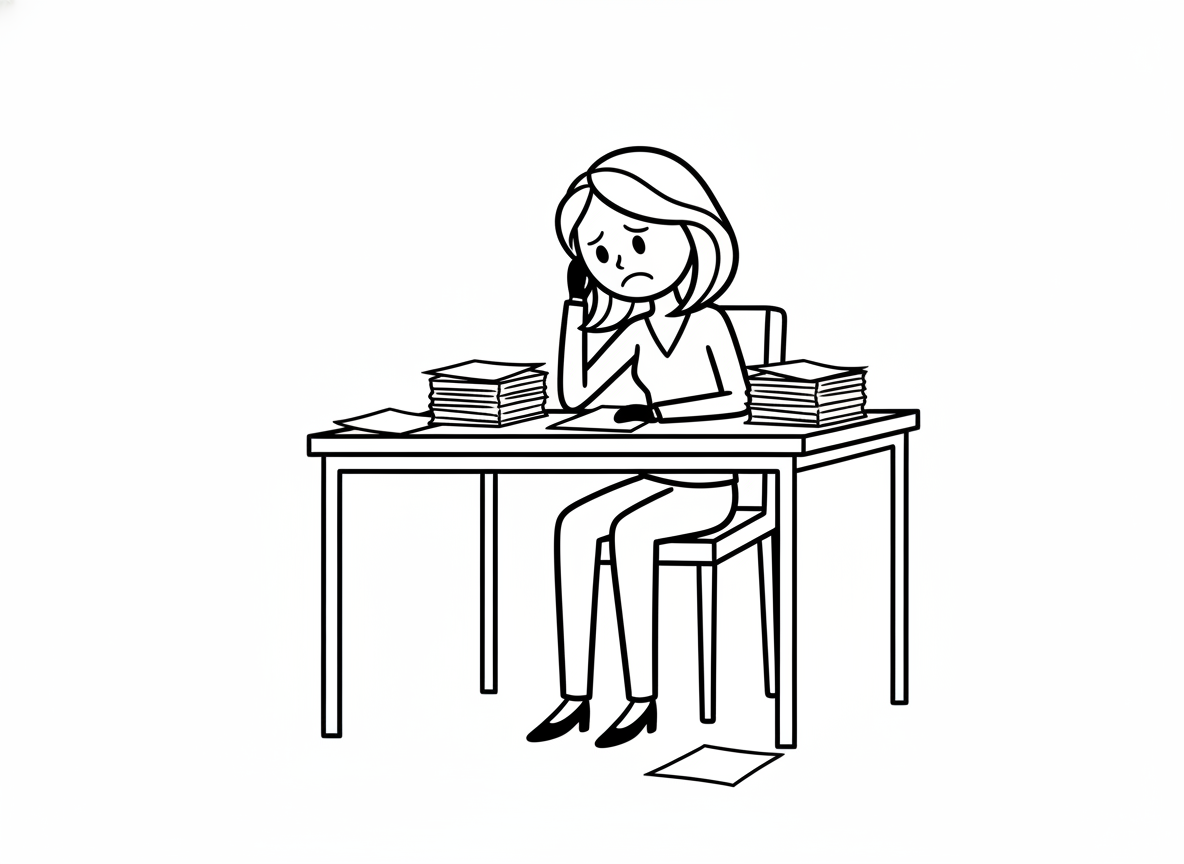Estate Planning.
Simplified.
All you need. Nothing you don’t.


All you need. Nothing you don’t.
